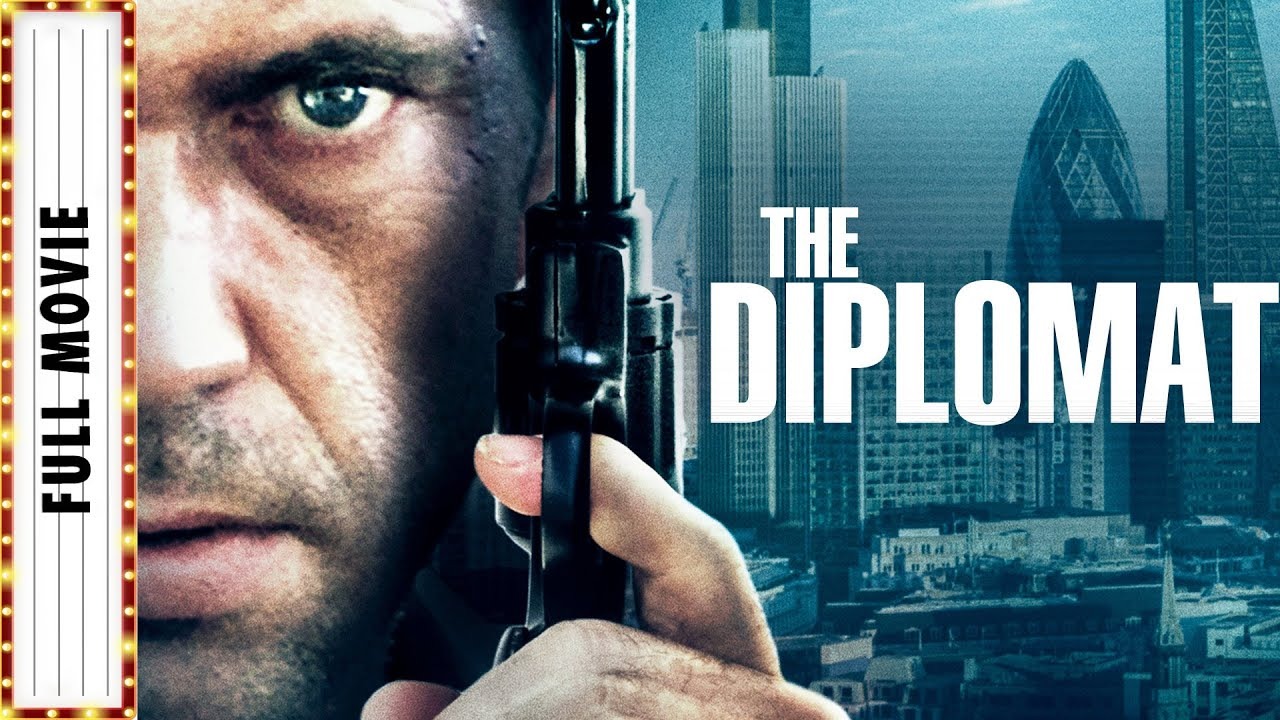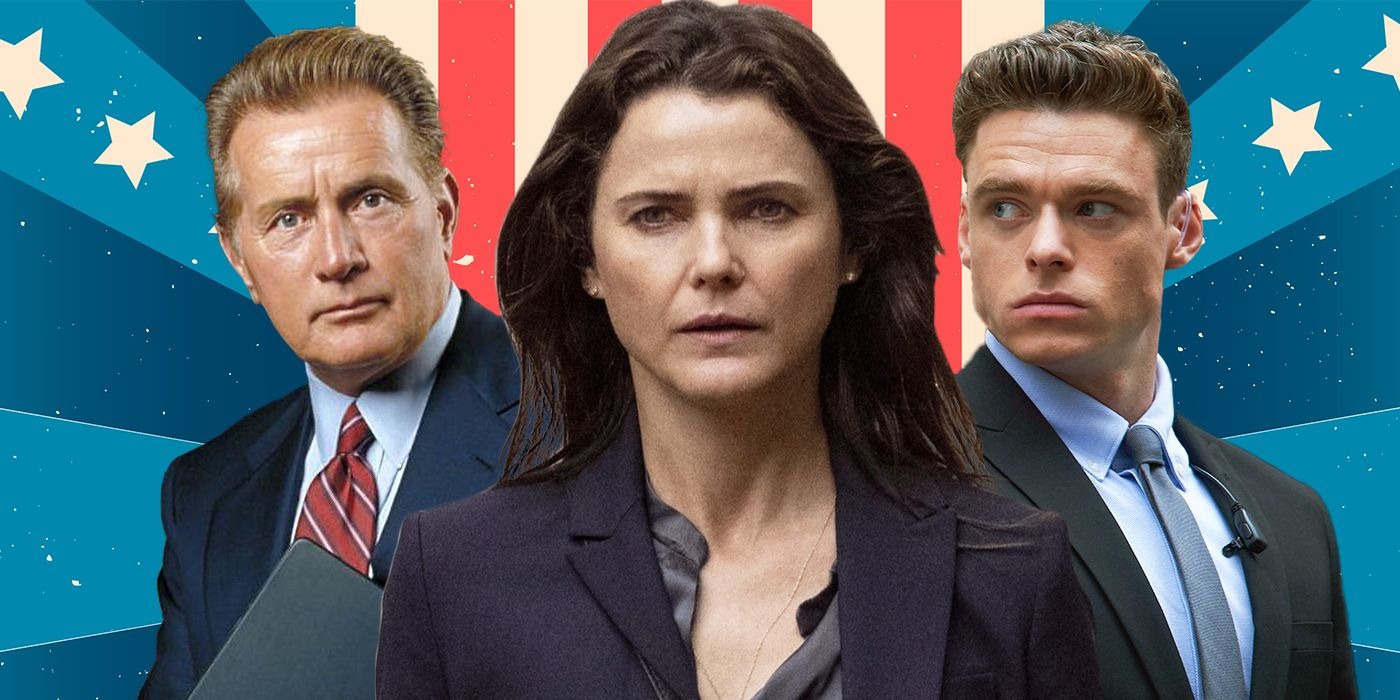As you progress to the climactic eighth episode of Netflix’s latest series, the story stakes become crystal clear. Up until this point, viewers are immersed in classic political drama staples: brisk exchanges during long corridor walks, commanding women clad in impeccably tailored blazers, slick politicians cloaking their secrets in protocol, and intricate betrayals leaving you tangled in guessing allegiances.
However, the tension escalates to a fever pitch with a dramatic and almost implausible cliffhanger that proves to be undeniably gripping. The storyline follows Kate Wyler, portrayed by Keri Russell, an American ambassador unexpectedly stationed in the UK despite a crisis.

A British naval aircraft carrier has been bombed by an unidentified adversary, and Kate must adapt to her new, unanticipated role while also being considered for the position of Vice President.
Adding to her challenges is her strained relationship with her husband, Hal (Rufus Sewell), a fellow ambassador who plays the part of a supportive spouse in their so-called “tandem careers,” despite their marriage being a mere facade.
As the series reveals, the focus alternates between the UK’s political machinery, led by the pompous and volatile Prime Minister Nicol Trowbridge, and the American side, comprising White House staff and CIA operatives ensuring operations continue smoothly.
A Marriage Under Pressure
As events build to the finale, Kate and Hal’s tumultuous marriage—a partnership founded on mutual convenience and resentment—is pushed to its breaking point. Hal contemplates betraying her for personal advancement, while Kate entertains the idea of a connection with British Foreign Secretary Austin Dennison (David Gyasi).
Meanwhile, the brewing international crisis reaches a critical juncture: suspicions of Russia’s involvement in the naval attack have heightened tensions, and the decision to confront Moscow edges closer to igniting war.
In a chilling revelation, Kate and Austin uncover that Trowbridge orchestrated the decision to assassinate a mercenary rather than capture him, setting off a chain of events that leads to a devastating explosion. Over in France, Hal, Stuart, and Ronnie find themselves caught in the blast radius of a rigged car.
For a series that invests heavily in the mundane intricacies of political power—boardroom meetings in grand settings and staged moments at memorials—the decision to end with such a visceral and shocking sequence is unexpected.
Beyond the sheer spectacle, framing Trowbridge as the manipulative architect behind a looming war with Russia takes the series into bold territory that similar shows might shy away from.
A Gripping Performance by Rory Kinnear
Rory Kinnear delivers a standout performance as Trowbridge, infusing his character with a polished yet sinister arrogance that feels eerily authentic. His portrayal captures the underexplored malevolence lurking behind eloquent façades, highlighting a character driven to provoke conflict to secure re-election.
Facing potential electoral defeat and the prospect of Northern Ireland’s secession, Trowbridge banks on the age-old tactic of uniting a nation through war to preserve his legacy.
The finale’s shocking turn works on multiple levels. It challenges Netflix to renew the series, given the unresolved fates of key characters and the unanswered question of whether Trowbridge will face consequences for his actions.
It also elevates the show from being a fleeting addition to the political drama genre to something more memorable. Releasing the entire season at once, as is typical for Netflix, necessitated a dramatic climax to spark buzz—and a car explosion outside the British embassy delivers just that.
Even exemplary political dramas like The West Wing or House of Cards spend the bulk of their time on dialogue-heavy deliberations about world-altering decisions. While high stakes are inherent to the genre, they can lack impact if poorly handled.
The Diplomat distinguishes itself through sharp execution and offers Keri Russell a role that allows her to shine without veering into overdone tropes. Though much of the series involves strategic conversations and covert backstabbing, its explosive conclusion provides the adrenaline rush needed to propel a potential second season.
Real-world political crises often fade into the background due to the distractions of everyday life, but The Diplomat ensures its audience remains riveted, leaving no room for disengagement.



